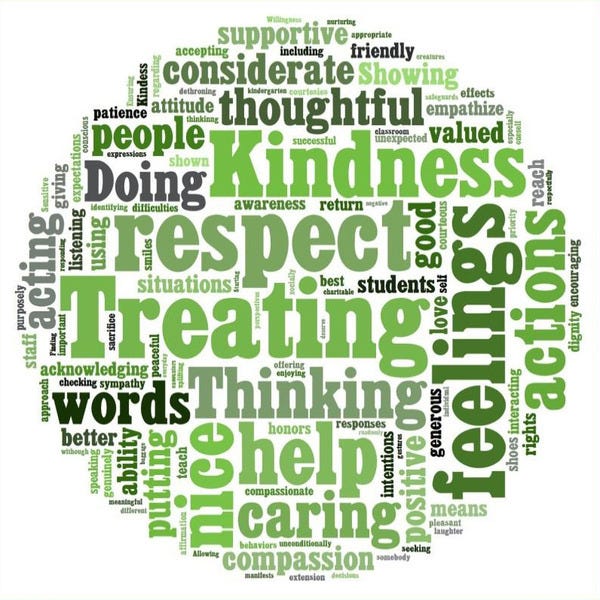Mensch•Mark For Elul 5: A Minimum of Pleasure - Miyut Ta'anug
Jewish sources stress seeking balance, the middle path, in our lives - and our politics too.
A Minimum of Pleasure - Middah Miyut Ta'anug
URJ’s Take
The middah, or ethical value, of miyut ta'anug teaches us to limit our pleasure. It seems that Judaism is of two minds when it comes to pleasure and enjoyment. There are numerous examples of taking pleasure from the world, treating oneself to luxury and enjoying beauty. In the midrash we read the following statements: "Rav said to Rabbi Hamnuna: My child, if you have the means, treat yourself well;" "Three things restore a person's spirit: beautiful sounds, sights, and scents;" and "Sages said in the name of Rav: A person will have to give reckoning and account for everything that his or her eye saw and that he or she did not eat." (Sefer Ha-Aggadah, 585:95, 586:102, and 586:100).
In contrast, Midrash Shmuel teaches that even wealthy people should not seek pleasure for its own sake; to do so is spiritually detrimental. ( Pirkei Avot, ArtScroll p. 415)
A direct comparison is made between a table of luxurious food and a table of learning. Clearly the table of learning is of more value than the table of special foods.
Reuven Bulka wrote, "one should not eliminate pleasure altogether, but one should moderate pleasure in order to properly appreciate Torah in its spiritual dimension." (As A Tree By The Waters, p.255)
The best advice may come from Rabbi Joseph Telushkin who wrote, "As long as you act morally and generously, you have a right to enjoy life's delights." (The Book of Jewish Values, p. 96)
BARBARA BINDER KADDEN
My Take: The End of Jewish Guilt?
We have entered the post-guilt phase of American Jewish history. The 2013 Pew survey showed that an astonishingly high percentage of American Jews are proud to be Jewish, even if they’ve strayed far from the fold. But a guilt-free Jewishness should not imply that we should partake of all guilty pleasures to the point of gluttony.
Maimonides, a doctor as well as a sage, was a fierce advocate of moderation in everything that is consumed. Check out his chapter on health and see for yourself.
Did you know, for instance, that…
One should not eat until one's stomach is [very] full, but one should [only] eat until one's stomach is three-quarters full.
Nor should one drink water during a meal, except a little mixed with wine, but once the food begins to digest one should what one needs to drink, but one should never drink too much, even when the food digests.
One should nor eat unless one has checked oneself to make sure that one does not need to relieve oneself. One should not eat unless one has first relieved oneself, or until one's body gets warm, or unless one has worked at something else first.
The general rule of the matter is that one should always answer one's body. In the morning, one should work until one's body gets warm, then one should wait until one's soul has settled, and then one may eat.
It is good to wash in hot water after having worked, then wait a while, and then eat.
Who needs "Doctor Mom" when we can get the straight dope from "Dr. Rambam.
What works for health also works in the worlds of scholarship and politics. The rabbis were hardly flaming radicals. But Maimonides added a bit of Greek to rabbinic moderation, adapting Aristotle’s Golden Mean to his purposes. He wrote:
The proper path is the middle point between the two extremes of human disposition. The ancient sages instructed that a person must constantly evaluate their attitudes and steer them along the middle path to be healthy. Do not be quick to anger, nor like an unfeeling corpse. Express anger only over important matters to prevent them from recurring. Do not seek more than the body needs. Do not engage in business more than necessary to provide your needs. Do not be stingy nor wasteful; just give how much you can afford. Do not be raucous or mournful, but happy every day with a calm smile. This is the path of the wise. Anyone whose attitudes are moderate is called wise.
He would be an excellent candidate for president - if he could survive the primaries!
See my book, Mensch-Marks: Life Lessons of a Human Rabbi


No comments:
Post a Comment